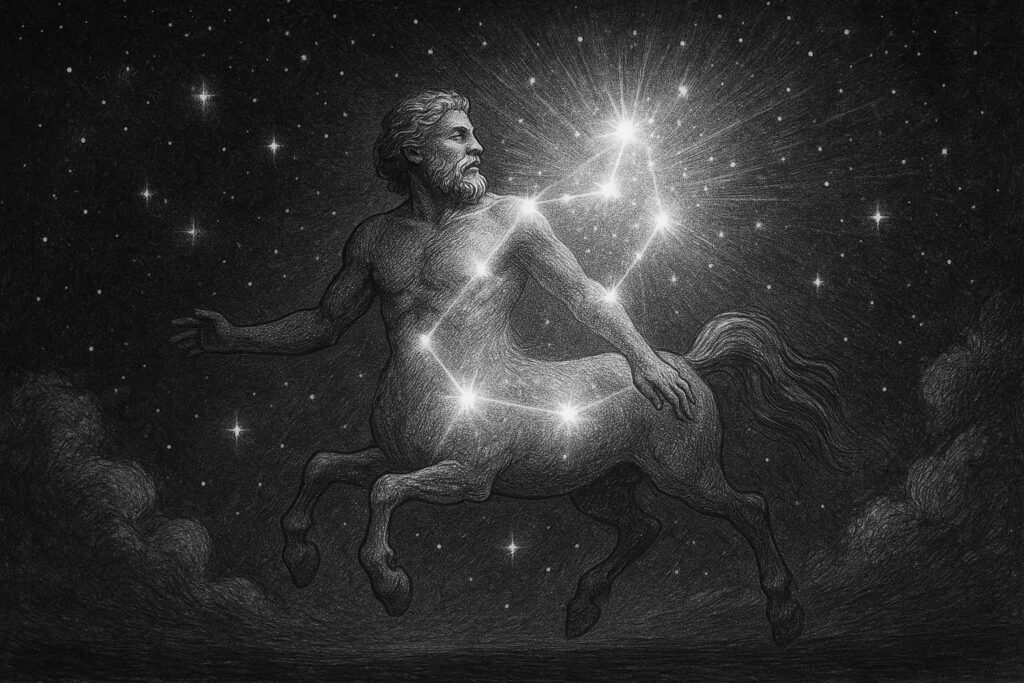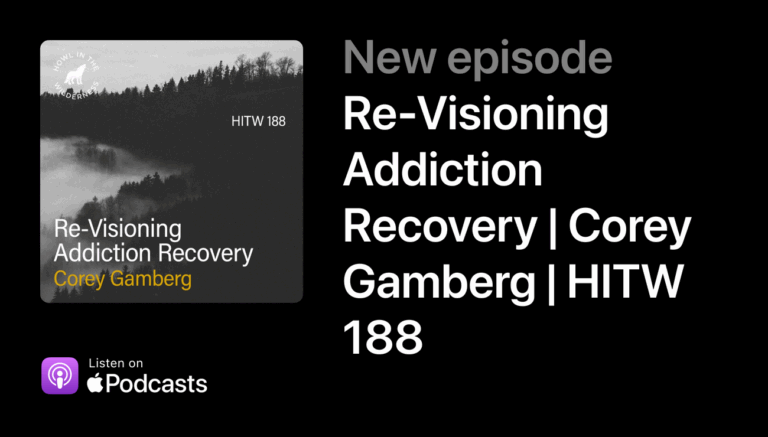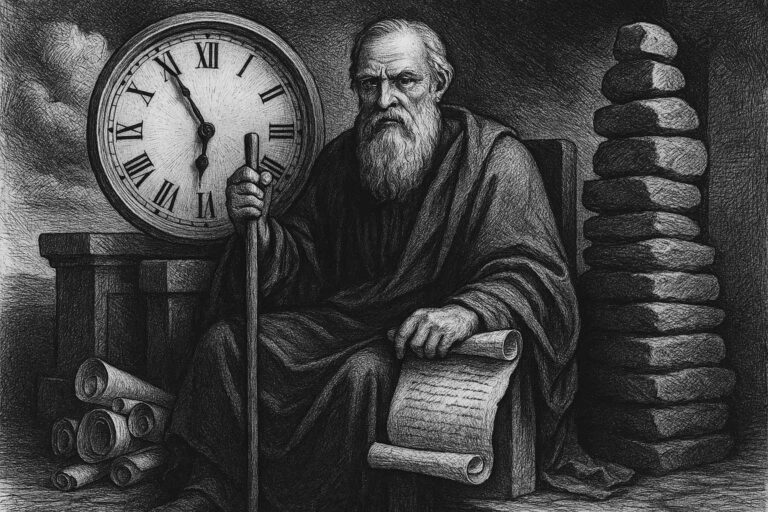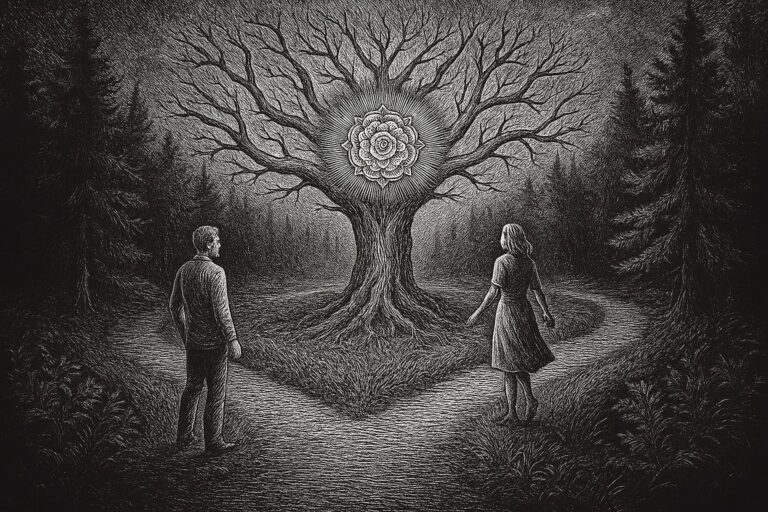I’ve been thinking a lot lately about the myth of Chiron, known as the wise centaur, teacher of heroes, and the archetype we often call the wounded healer.
He’s struck by a poisoned arrow and can’t heal himself. The wound is permanent, and yet it’s through this wound that he gains his deepest wisdom. He becomes a healer, not just of mortals, but of gods. His suffering doesn’t disqualify him, it becomes the very thing that shapes his vocation, his life…
For a long time, this myth helped me make sense of my own path through addiction and recovery. Addiction, too, is called incurable, and yet, from within it a new life begins to form – something called recovery. And many of us, like Chiron, return to guide others through the terrain we barely survived ourselves.
That was true for me.
When I entered recovery, hearing others share their lived experience changed me. They gave language to feelings I didn’t even know I was carrying. And in time, I did the same for others. I stepped into the role of the wounded healer. It was honest, meaningful, and it was real. But something in that identity started to harden. Over time, I noticed that it wasn’t just that I had lived through something, but it was that I had to keep performing something.
I had to stay close to the wound, and keep the story fresh. Stay emotionally available to my own pain, again and again. And the deeper I healed, the less space there seemed to be for the version of me I had become beyond addiction.
Because in recovery spaces, if you’re not still tethered to your past suffering, if your insight comes from distance and reflection rather than raw emotion, people start to question you. “Have you forgotten where you came from”? Are you still “one of us”? “Don’t forget where you came from” are familiar phrases for those who relate.
That’s the shadow side of the wounded healer myth. It’s not Chiron’s fault, but it’s how the story gets misused, and abused. Because the deeper truth is that Chiron didn’t stay in his pain, his wound opened him to transformation. He became a teacher of gods, and eventually, he surrendered his immortality so that another could live. He was released from suffering, and placed among the stars.
That part matters…
Because I no longer identify with who I was in crisis. I no longer struggle with the first step, or the third, or the fourth, fifth, and so on. And I don’t feel bound to retell that old story to prove my place in the room. Not because I’m better, but because I’ve changed. Isn’t that the point? Is recovery ready to honor the term so widely used, that of being “recovered”?
But in the recovery world, this type of transformation seems to be met with suspicion. We say we honor growth, but often only to the point where it remains relatable. The truth is, healing isn’t about replaying the past – it’s about letting it reshape you. Sometimes that means leaving behind the identity that once saved you, and sometimes it means outgrowing the very story that helped you begin.
Rumi said, “The wound is the place where the Light enters you.” But I’ve come to believe it’s not where we’re meant to live forever. There’s a need now for another kind of healer in recovery.
Not just the one who can describe the fire of their suffering, but the one who carries its embers forward. Quietly and steadily lightening a path for others, not with their pain, but with the wisdom that followed it…
#DepthRecovery




